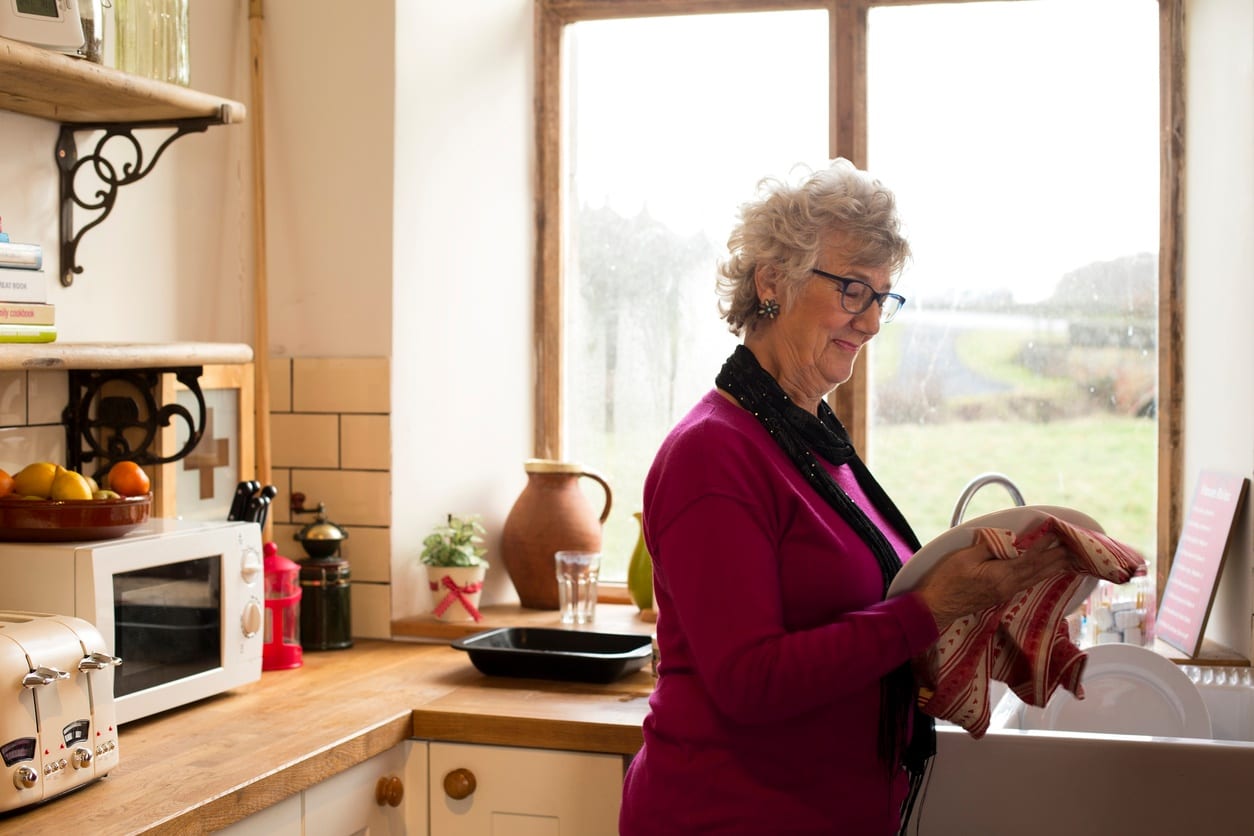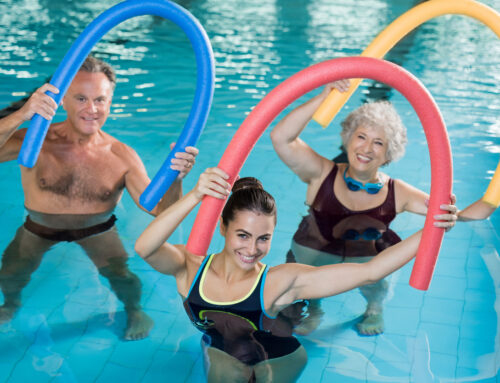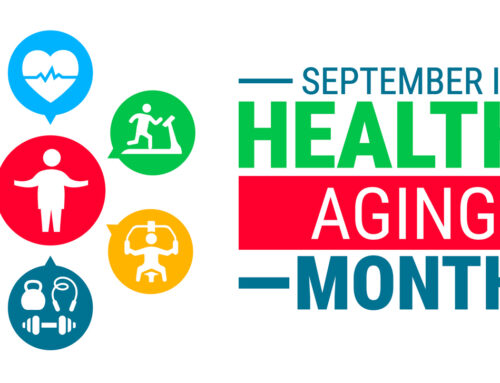These tips can help an aging individual stay independent
Aging isn’t an easy process – both for a senior and any caregiving family members. As a caregiver, it’s difficult to watch a parent or loved one progress in years and have the roles become reversed. The last thing either of you want is for an individual to lose their independence. But one thing is for certain – you and your loved ones are not alone in this challenge.
According to the Census Bureau, once all of the baby boomers are 65 years or older (by 2029), they will make up more than 20 percent of the total US population. And by 2056, the population 65 years and over is projected to become larger than the population of those 18 years and under. That is a staggering number of aging individuals who will be looking for ways to sustain independence. Here are some tips on how to maintain an independent lifestyle as we age:
Promote senior independence by ensuring the home is hazard-free
Cluttered rooms, loose furniture and rugs, and poor lighting all increase your senior’s chance of injury. Staging the home to prevent falls is the first step toward maintaining your loved one’s independence.
You can start out small by rearranging or replacing furniture but, long-term, you may need to consider adding ramps, grab bars, slip proof adhesive, and other precautionary tools to ensure your loved one can move around their home comfortably and with ease. If your aging senior pushes back on these additions to the house, be sure to explain that the goal is their ability to stay safely in the home.
Maintaining independence for an aging loved one starts and ends with staying active
In order to maintain health, exercise – really physical activity of any variety – must be incorporated in your senior’s daily routine. Staying active and engaged will keep muscles from getting weak, improve coordination, and increase bone density, among a host of other, wide-ranging benefits. Though a physician should approve any physical activity, simply a regular walk around the block has been proven to strengthen bones and reduce high blood pressure and the risk of falling.
Seniors feel independent when staying social
In a survey published in the Journal of Health and Social Behavior, it was reported that physical and cognitive decline are slowed when an older adult maintains social activity later in life. People are stimulated and energized when engaging with others. For older adults, the health benefits of socializing include feeling less isolated and promoting memory retention. Just as you need physical activity to sustain body movement and strength, you need social activity to sustain self-esteem and a higher quality of life.
A key to independence is the ability for seniors to continue to manage and control their own lives; but the need for companionship is still a part of that. As a caregiver, you can help your aging parent maintain a social life by arranging visits to a local community center or having them participate in senior exercise classes. Finding ways to help your senior do the activities they enjoy – with people they enjoy – will give them a sense of purpose and vastly improve their overall health.
Leverage technology to make your senior feel safe and independent
We are fortunate to live in a time where we can use technology to keep our loved ones safe and ourselves, as caregivers, at ease. Medical and life alerts can be valuable tools to ensure the safety of a loved one. Other home care technology, like telephones with enlarged numbers, flashing lights when a phone is ringing, and customized controls on thermostats can all help make your senior’s life more comfortable and independent.
Depending on what your loved one agrees to, some home care technology even allows real-time video monitoring or checking the thermostats and lights from a mobile app. Research the different technology applications out there to fit your senior’s needs and then determine what he or she is most comfortable with.
Sometimes the key to senior independence is a helping hand
Your loved one will strive to maintain a sense of independence for as long as they can, but with that comes finding a sweet spot in determining the best tools and resources to help support that goal.
Almost 18 million people, one-half of older adults, have received help with daily activities in the last month. Finding help for a few hours or on certain days does not stifle independence – it helps provide support while taking some of the burden off of a primary caregiver.
If you or a loved one are in need of a helping hand, FirstLantic is here to help. We offer daily, hourly, and overnight care focused on giving your senior the support and companionship they need, when they need it. We have been assisting families in Broward, Palm Beach, St. Lucie, Indian River, and Martin Counties for over 17 years. To learn more, connect with us online or call 877-618-3624.
Written by Jack Maloney
 AVAILABLE 24 HOURS A DAY/7 DAYS A WEEK
AVAILABLE 24 HOURS A DAY/7 DAYS A WEEK Careers
Careers







